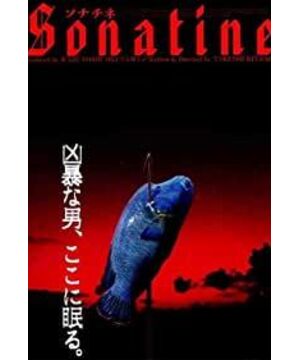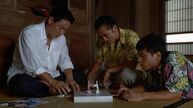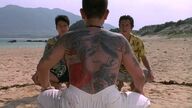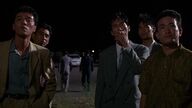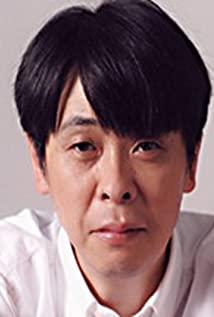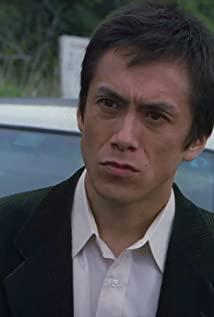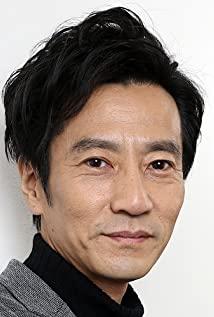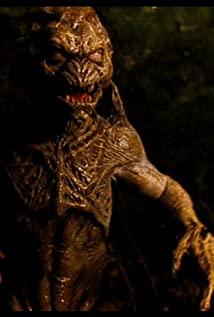Paper figures, kabuki, gun-changing games, sumo, trap games, muskets, frisbees... A group of gangsters who talk with knives and guns hide in a hut by the beach, and the boss (Muragawa) leads them to play the game of childhood innocence. In the trap game, the trickster runs quickly and falls into the preset trap, and there is a trace of embarrassment and no harm in falling into it. The subordinate asked the boss if he could not be so naive?
I remember that the boss revealed that he wanted to retire. He had a good time with the girl he rescued by the sea. The girl expressed his heart: "Love a person as strong as him", and he said that he was afraid, but he was always in fear, so he would not scared. Violence is to strengthen the weakness of the heart... In the middle of the night, he was awakened by a nightmare. In the dream, he played the game of changing guns with his subordinates, and he lost his life. In the end, he chose the same method, raising the gun to the head and spraying blood. The brothers who played games with him were all dead, and he didn't want to face his fears again. Choosing to park the car behind the slope to commit suicide is to leave some hope of life for the girl.
The Japanese like to photograph the sea and fireworks. The first firework in the film is a group of people playing together, accompanied by laughter; the second time is the girl waiting for love alone in the night sky on the beach to pay tribute to her lover with bright fireworks. Life is like a dream, in a flash.
At the end, Muragawa avoided the bloody killing scene of the killing alone in the enemy camp, and used the flashing firelight from the window and the deafening gunfire to express it indirectly, which is very Western expressionist style.
I didn't understand that Takeshi Kitano was also related to the translation of this film, it was intermittent, and some of it was obviously not right~~ Tragedy! This is also because the translator did not understand Takeshi Kitano.
View more about Sonatine reviews


